Ontario’s namesakes
Thursday, 10th November 2011 by Ian Brown
As Canada is a relatively young country, many of its towns and cities were named by immigrants wanting to retain memories of their homelands. This can quite often lead to amusing comparisons between the original location and the (usually smaller) namesake. So, Google Sightseeing presents our Top Six Ontario Namesakes!
Windsor
The English Windsor is about 40km west of London. Its Castle, shown above, is justly famous - built by William the Conqueror and still used regularly by the royal family, it is both the largest inhabited castle in the world, and the palace which has been occupied for the longest period of time. We visited it back in 2006.
It bears little resemblance to Windsor, Ontario, which is most often in the news for its dwindling number of car manufacturing plants, and its increasing number of casinos designed to draw American tourists across the border from Detroit.
Cornwall
Cornwall, in England's far south-west, is a holiday-makers paradise, with pristine beaches, soaring cliffs and picturesque villages, and is of course home to Land's End.
It would be hard to find any similarities with Cornwall, Ontario, which has a reputation as a rough-edged town polluted by industrial waste and popular with those wanting to smuggle cigarettes across the nearby US border.
One advantage of the toxic waste dumps is that they can apparently serve as ski hills in the winter!
Waterloo
Waterloo is a municipality in Belgium where the famous Battle of Waterloo saw Napoleon's French army defeated in 1815. A large monument marks the battleground.
The only battle of note in Waterloo, Ontario, is the one for control of the smart-phone market, with Blackberry-manufacturer RIM being based here.
Athens
The Greek capital of Athens is often called 'the cradle of Western civilisation' It is home to countless historic buildings and treasures, and was the birthplace of the Olympic Games.
It bears little resemblance to Athens, Ontario, which is a small farming town of 3,000 people, seemingly most famous for its corn festival held every summer. It also has a number of pleasant murals of rural life.
Tweed
The River Tweed is a bucolic waterway in the Scottish borders region. It attracts anglers from all over the world for its renowned salmon fishing.
Tweed, Ontario, is mainly noted for its amusingly-decorated fire hydrants. It was also rumoured to be a hiding place for Elvis by those who believe his death was faked, although - surprisingly - no real evidence of this has ever surfaced.
Khartum
Khartoum is the bustling capital of Sudan, with a turbulent and often lawless history on the banks of the Nile. Recent development has been spurred by income from the country's oil wells.
It could in no way be confused with Khartum, Ontario, which is, well ... not much really. If anything it's a ghost town. It is identified on the map and there are couple of roadside signs with the town's name, but there's nothing between the two signs that could really define it as a community. How it got the name, we have no idea!
If you have a favourite namesake, send it to us through our submission form and it might be included in a future post!
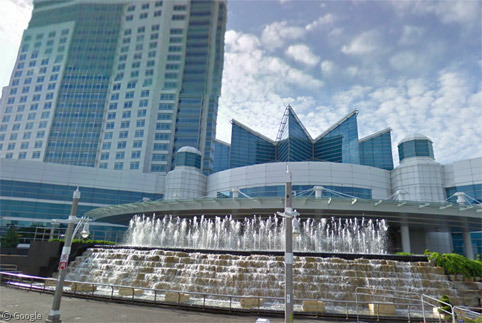
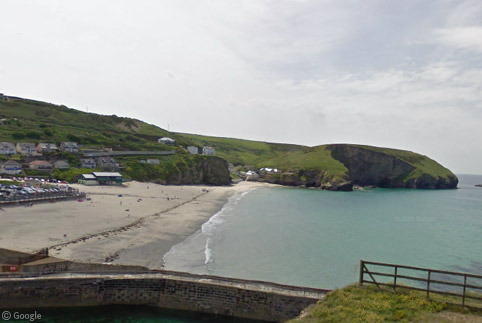
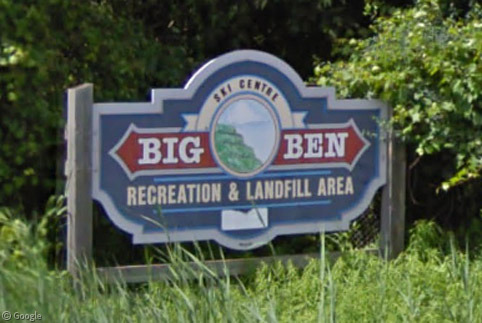
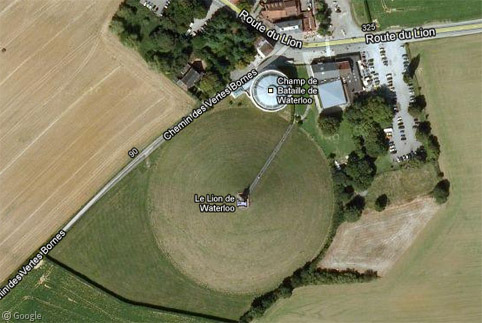
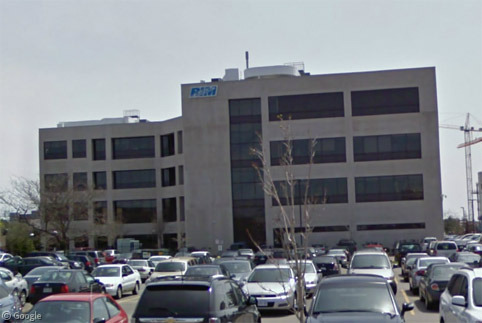
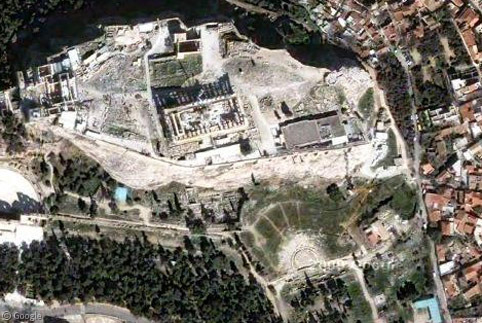
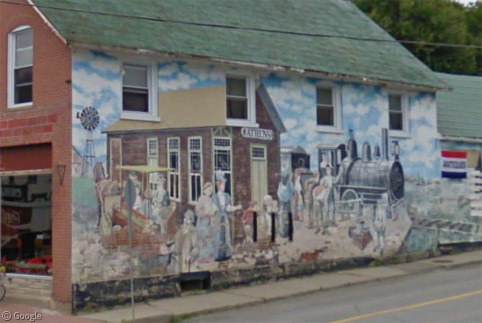
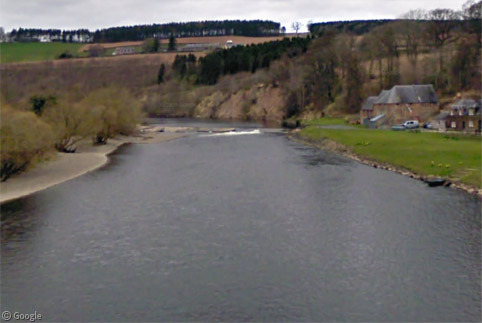
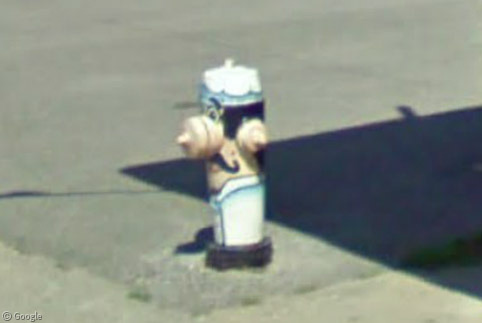
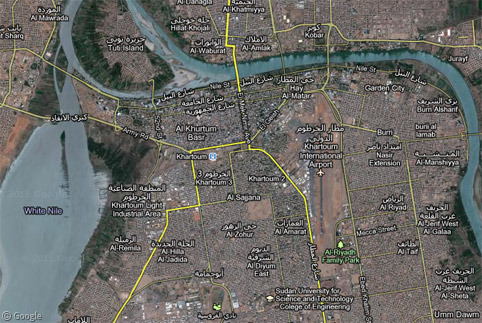
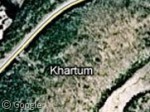
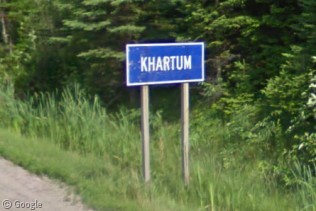
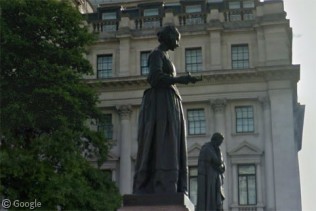
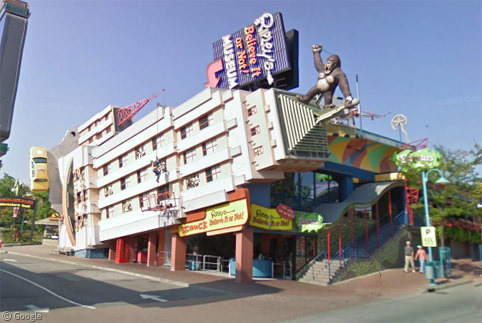
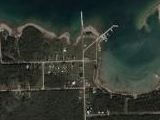
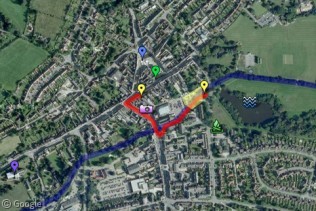
This is great. There are actually lots of similar things dotted around the UK – we’re so used to seeing Australian and North American towns/cities with names originating from the older UK version (Birmingham, Manchester, Boston etc) that it’s quite startling to see it when it happens the other way around – a signpost for Egypt in Berkshire, for instance.
I made a map of the ones I could find – one day I’m going to do a road trip to see them all.
http://www.simonproffittalloneworddotcom.co.uk/uk/
And what about London, Ontario? 🙂